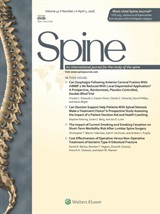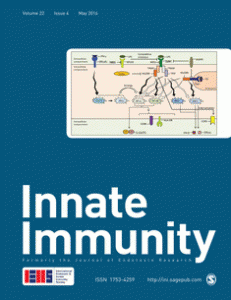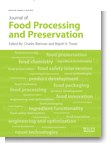 A investigation in Singapore has failed to turn up primary data that formed the basis for 11 papers from one author about special education.
A investigation in Singapore has failed to turn up primary data that formed the basis for 11 papers from one author about special education.
In addition, a forensic investigation at Noel Chia’s institution — the National Institute of Education in Singapore, part of Nanyang Technological University (NTU) — suggested that some signatures providing parental consent might not be authentic. The investigation was also unable to authenticate the Malaysia-based organization Chia said collected the data on his behalf.
Nine of the papers appear in the Journal of the American Academy of Special Education Professionals (JAASEP), which has declared it plans to retract every article Chia has ever published with them (we’ve counted an additional nine papers).
Much of the information we know about the case stems from the unusually detailed — 3,000 word — retraction notice from JAASEP:
Continue reading Journal retracting at least nine articles by education researcher

 The authors of a study about spinal fusion surgery have retracted it after realizing the cohort study was described as a prospective, randomized trial.
The authors of a study about spinal fusion surgery have retracted it after realizing the cohort study was described as a prospective, randomized trial. 
 Note: We are reprinting below an article
Note: We are reprinting below an article 



